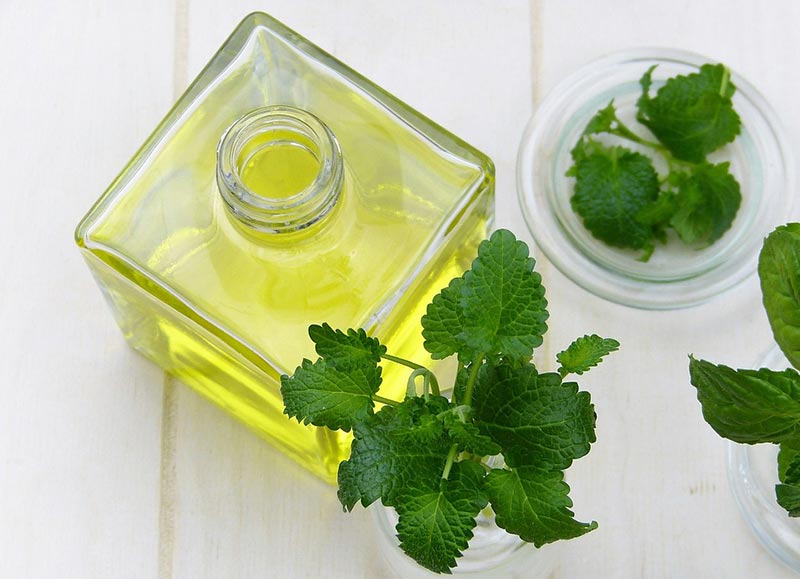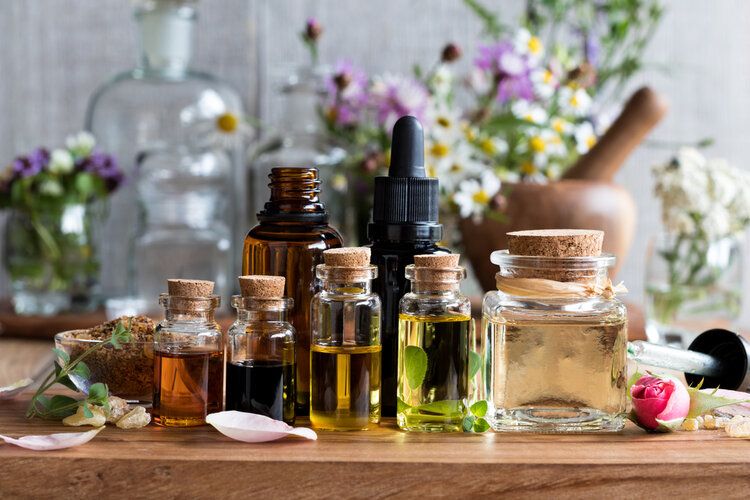Humans have used essential oils for eons—as way back as 4500 B.C. in Ancient Egypt, where they were utilized in ointments and cosmetics.
Today, essential oils are used as a part of aromatherapy and to assist with minor health conditions. But there are questions regarding the protection of using essential oils like patchouli around our cats.
While patchouli oil is just not considered highly toxic, there remains to be a substantial risk of using it on or near pets, particularly cats.
In this text, we dig deep into every little thing essential oils, but with a give attention to patchouli and whether it’s protected for our cherished felines.

A Little About Essential Oils
Essential oils are obtained through a distillation method by steam and/or water or by cold pressing. The technique of squeezing out the “essence” of the plant gives us the natural smell (and flavor, though these oils should not meant to be ingested).
They’re utilized in various ways, resembling in perfumes and other items meant to emit a scent, like candles and soaps. They’ve also been used to induce a mood, resembling lavender helping to create a relaxed space, or to rub into the skin to assist treat skin conditions.
There’s controversy surrounding the effectiveness of essential oils, particularly with health conditions. However the scent does appear to have a mental profit for some people.
 Image Credit: Nikolaeva-Galina, Shutterstock
Image Credit: Nikolaeva-Galina, Shutterstock
A Little About Patchouli
Patchouli is a type of fragrant herb, and it’s from the plant that the essential oil is derived from. When you’ve had a whiff of patchouli, there’s no mistaking it! It’s described as spicy, sweet, and woodsy and is often utilized in cosmetics, perfumes, and incense.
It’s said that patchouli can treat skin conditions like pimples and dry skin and helps relieve stress and depression. Patchouli has also been used as an antibacterial, antifungal, and insecticide, in addition to to manage appetite.
The Issue of Essential Oils and Cats
Essential oils and cats don’t mix! Essential oils might be absorbed quite quickly via the skin and orally and thru inhalation. They’re then metabolized by the liver. But cats don’t have an enzyme of their liver that helps metabolize and eliminate specific toxins like essential oils.
Certain essential oils, including patchouli, contain phenols and phenolic compounds, which cats are also liable to. So, if a cat inhales, ingests, or has essential oils placed on their skin, their body cannot process it, and it will possibly prove fatal. This is especially true if the essential oil is at its most concentrated, at 100%.
The essential oils which can be essentially the most dangerous to cats are:
- Wintergreen
- Sweet birch
- Citrus (d-limonene)
- Pine
- Ylang Ylang
- Peppermint
- Cinnamon
- Pennyroyal
- Clove
- Eucalyptus
- Tea tree
While patchouli is just not on this list, it does contain phenol compounds and can likely make your cat quite sick.
 Image Credit: silviarita,Pixabay
Image Credit: silviarita,Pixabay
Signs of Essential Oil Poisoning
The signs of essential oil poisoning entirely rely upon the sort of oil and how much exposure occurs. They’ll include:
- Drooling
- Vomiting
- Tremors
- Wobbliness
- Respiratory distress
- Low heart rate
- Low body temperature
- Liver failure
In case your cat was exposed to any essential oils and exhibits any of those signs, take them immediately to your vet or closest emergency clinic!
Signs that your cat inhaled essential oils are:
- Labored respiratory
- Fast respiratory
- Panting
- Coughing
- Wheezing
In case your cat looks like they’re about to throw up a hairball but doesn’t, this merits an instantaneous vet visit!
Protecting Your Cat
Should you use patchouli essential oil in the house or every other oils, you’ll must put them in a protected place that your cat can’t access. In the event that they are adept at opening cupboards and jumping to high and hard-to-reach areas, you’ll wish to thoroughly cat proof the hiding place. You may additionally wish to seal the patchouli oil in a resealable plastic bag, especially in case you can smell it without even opening the bottle.
When using the patchouli, ensure that you simply spray it or light the incense when your cat is out of the room, and don’t allow them to back in until the potency has faded. Don’t use essential oil reed diffusers in rooms that cats have access to. Diluted essential oils are higher since the more concentrated the oil is, the more dangerous it’s to your cat.
Never spray essential oils on or near your cat. Beyond the inhalation problem, if any of it falls in your cat’s fur, it will possibly be absorbed through the skin, and your cat may even ingest it through grooming. This includes washing your hands before petting your cat in case you’ve placed on lotion scented with essential oil. It’s likely quite diluted, however it’s higher to be protected than sorry.
 Image Credit: Madeleine Steinbach, Shutterstock
Image Credit: Madeleine Steinbach, Shutterstock


Conclusion
Patchouli essential oil is just not considered as toxic as another essential oils, however it does contain phenols, which may pose a danger to your cat. It’s dangerous in case your cat breathes it in or if it’s placed on their skin and fur.
So, while using essential oils can prove to be of profit for us, particularly in case you’re in love with a scent, they’re not protected to be used around cats.
Play it protected, and only use patchouli when your cat isn’t within the room, and make sure that it’s quite diluted. Should you’re still frightened, you almost certainly shouldn’t use it in any respect.
Featured Image Credit: PaulSat, Shutterstock

